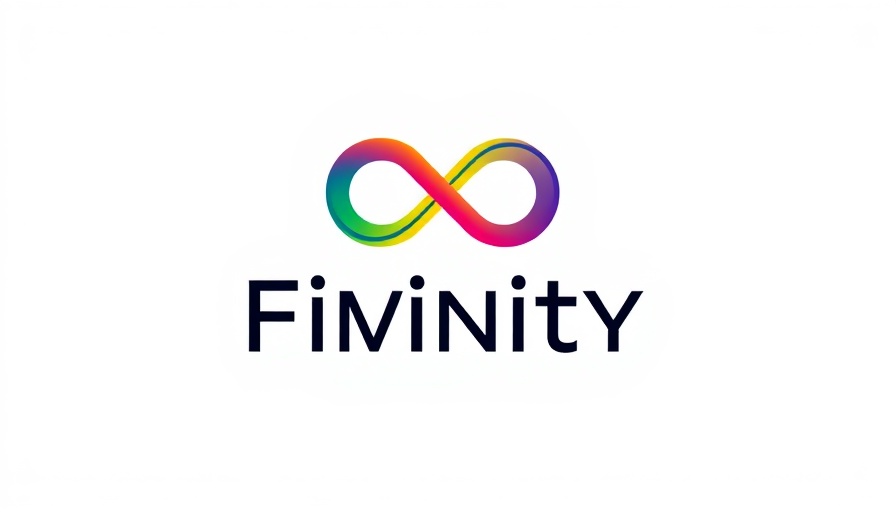
Meta Embraces AI for Product Risk Assessments: Accelerating Safety or Compromising It?
In a bold move signaling the increasing role of artificial intelligence in corporate governance, Meta is set to implement AI-based systems for assessing privacy and safety risks associated with its product updates. This decision could mean that a staggering 90% of past human-led reviews might soon be automated, leaving many to ponder the implications of such technology-driven assessments.
According to internal documents reviewed by NPR, the shift to AI is tied to a formal agreement with the US Federal Trade Commission (FTC) established back in 2012. Under this agreement, Meta is required to thoroughly vet any updates to ensure compliance with user safety and privacy regulations. Up until now, human teams meticulously scrutinized each update, but Meta believes that AI could streamline the process, making it faster and more efficient.
The Mechanics of AI in Privacy Reviews
As part of the new system, Meta's product teams will be expected to first complete a questionnaire designed to detail the updates or new features they intend to roll out. The AI will then analyze these inputs, flagging any potential risks and outlining necessary conditions before the version goes live. This repackaging of protocols could create a smarter, more agile response to routine risk assessments, primarily geared towards low-risk decisions.
Concerns Surrounding AI Automation
However, skepticism looms large over this initial optimism. Critics express concerns that automated systems could inadvertently overlook critical safety issues. A former Meta executive voiced worries that while AI accelerates the review process, it might also encourage oversight regarding nuanced user impacts that only human judgment can discern. With the increasing prevalence of survey data indicating user anxiety around privacy issues, this apprehension is likely shared by many.
Balancing Efficiency with Ethical Responsibilities
In response to these concerns, Meta has defended its decision, citing a significant investment of over $8 billion into its privacy program. Company representatives assert that they are committed to upholding their legal and ethical responsibilities, especially as privacy challenges continue to evolve. Officials state that AI will primarily handle routine, lower-risk evaluations, while complex situations will still be directed to human experts, maintaining a necessary balance between efficiency and thoroughness.
The Road Ahead: The Role of AI in Ethical Decision-Making
As businesses increasingly embrace AI, this pivotal shift towards automating risk assessments invites broader reflections on the moral landscape of AI implementation. With technology advancing at breakneck speed, understanding and addressing the ethical concerns that accompany such tools remain paramount. Looking ahead to the future trends in AI for 2025, companies must weigh the risks and benefits carefully to avoid pitfalls in deploying AI systems.
Engaging the Community: What Are Your Thoughts?
This is an exciting yet contentious time as we examine the implications of AI in corporate environments. Are the efficiencies gained worth the potential ethical compromises? Would you trust AI to handle low-risk decisions regarding privacy and safety? Share your thoughts in the comments below, and let’s foster a dialogue about the intersection of technology and ethics.
 Add Row
Add Row  Add
Add 




 Add Row
Add Row  Add
Add 

Write A Comment